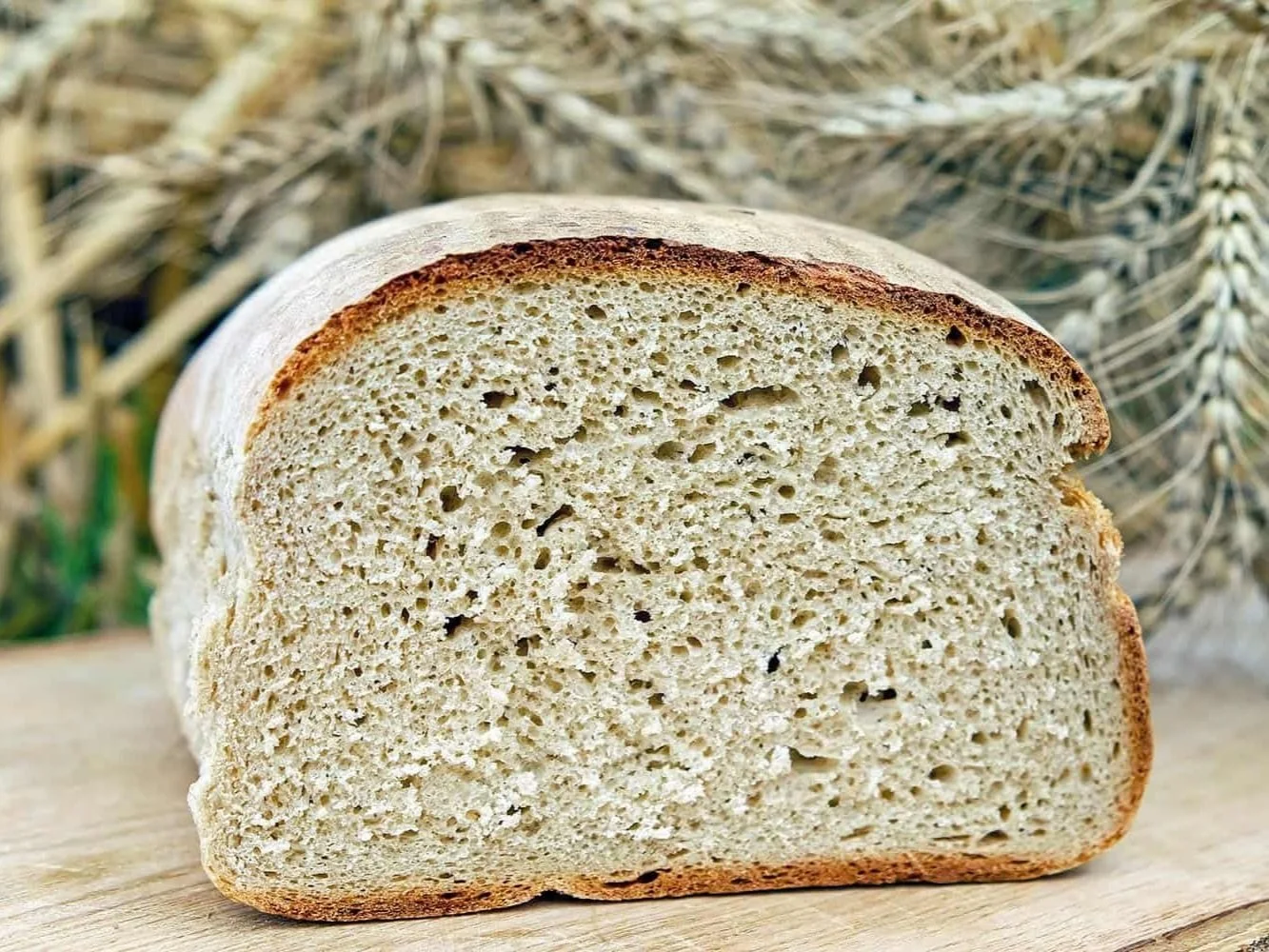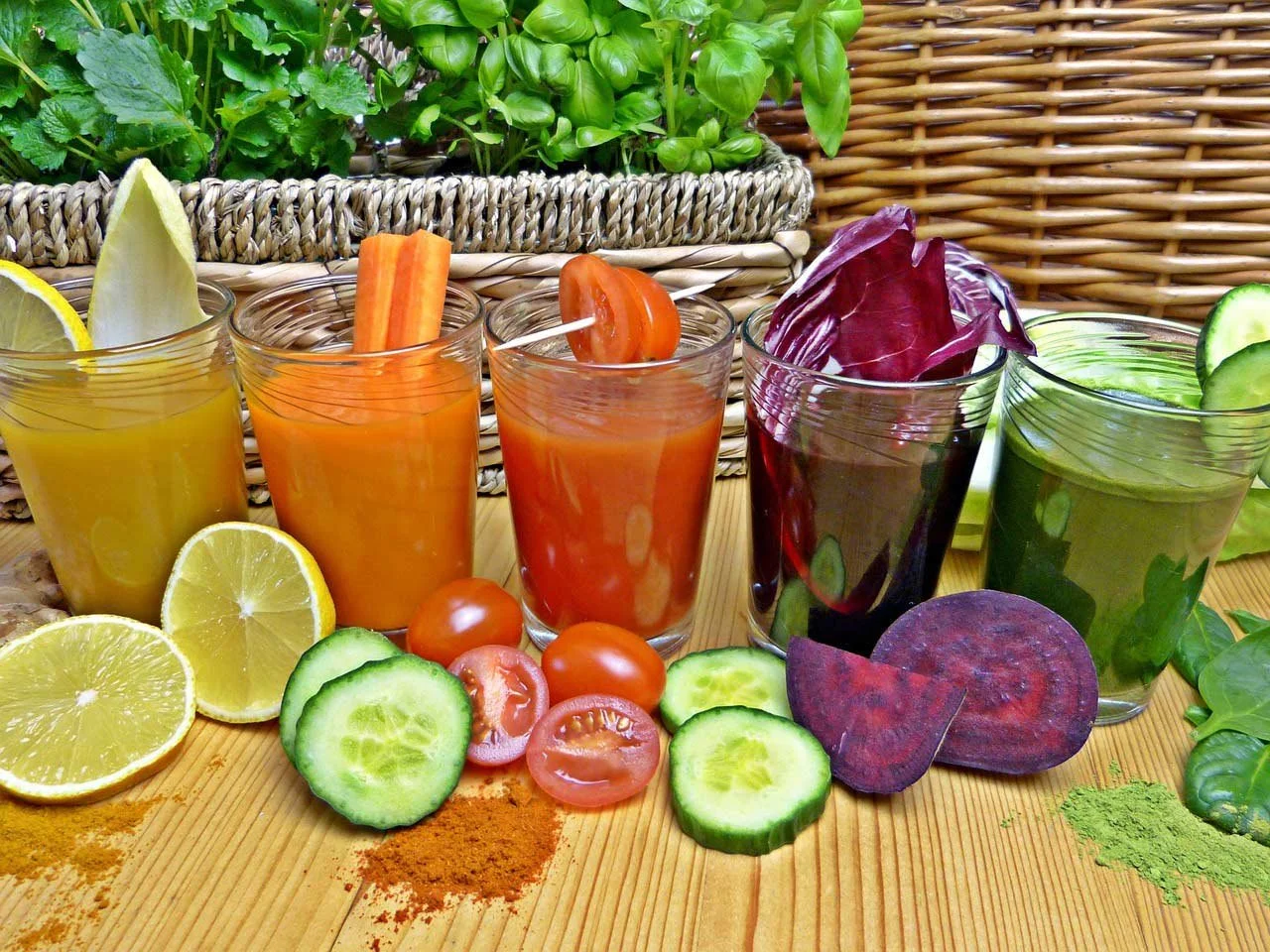Bloating what causes it and how to get rid of it?
Bloating is one of the most common symptoms people come and see me. It's uncomfortable, it can disrupt your sleep, make you feel bad-tempered and generally under the weather especially if it's happening regularly. Who wants that?
Eyes Bigger than Belly
Well, let's clear one thing out of the way first, if you eat meals that are too big for you then you may feel bloated and uncomfortable so check that one out first. Dinner plates and bowls have been getting bigger in size and it's all too easy to fill them and eat the contents and then wonder why we feel uncomfortable, bloated and have the need to undo that top button at the waistband.
Chomp, Chomp Swallow
It may sound daft but….. our teeth are in our mouth for a reason. Our stomach doesn't have teeth so if we send down lumps of food that haven't been chewed properly then we are setting ourselves up for some digestive problems. It can be easy to do if you are distracted when eating, playing on your phone or tablet, distracted with work at your desk, or eating when travelling, watching TV or just the kids acting up. And then you look down and your meal is gone, are you sure you chewed every mouthful thoroughly. I quite enjoy going to cafes on my own and watching people eat and it is so often Chomp, chomps swallow. And two chomps do not make for food well chewed. So next time you take a mouthful of food or go and bite into something right now and put it to the test and see how many times you chew before you want to swallow.
What's all the noise about Food Intolerances?
Around 20-30% of people in the UK believe they are intolerant to at least one food and that figure will probably rise in the next decade. So is bloating related to food intolerance or what other reasons could cause it?
Food Intolerances could be a factor, they seem to be getting more common. One of the reasons for this is that although our supermarkets are stocked high with an eye-watering amounts of food they have some common denominators which could be suspect foods for you.
Wheat and/or Gluten
These are probably the most common food substances in adults in the UK. Intolerances & Sensitivities are different from Coeliac disease which is a lifelong and often inherited disease. People who have this disease have to manage it carefully and stick to a gluten-free diet quite strictly. However, you can be wheat intolerant or gluten intolerant and both of these can cause a whole host of symptoms with Bloating being right up there as one of the most common.
Dairy
Dairy can also cause bloating, if your body doesn't produce an enzyme called lactase then you will probably have problems digesting the milk sugar that occurs naturally in milk especially in cows milk. If you do have this problem then the undigested sugar could be a causative factor in your bloating. stand out
Whatever it is, the way you tell your story online can make all the difference.
Veggies, Beans & Pulses
Now these are meant to be the good guys! How can they be causing your bloating? So, if you have overhauled your diet (and well done if you have) and suddenly started eating bigger amounts of these products then you may be struggling a bit.
Veggies that can cause this problem can include: onions, cabbages, broccoli & sprouts (that age old Christmas Day problem). Beans problems are often linked to a not very easy to digest carbohydrate called "raffinose" and it's also found in the above veggies too.
So raffinose may pass through your stomach & small intestine without being properly broken down. And then when it arrives in your large intestine, you gut bacteria (good and bad) may have a bit of a party with it. This can cause it to ferment and produce various gases which cause….. you guessed it, - Bloating and perhaps some Flatulance too (as if life wasn't bad enough with the bloating.
Soaking, rinsing canned beans & pulses, and really ensuring you don't skimp on the cooking time can really reduce your Bloating from these culprits as well as allowing your body time to get used to having them.
Not Eating Enough Veggies or Fibre
I know that sounds contradictory to what I've written above but….
You really do need to eat enough veggies to create the roughage and bulk to make a healthy formed poo. Taking them in soups, casseroles, omelettes, frittatas, smoothies as well as on your dinner plate. I know from clients over the years, people think they can do without them but your veggies contain so many nutrients that are essential to your body and mind health.
Motility Problems
Your Large Intestine, The Bowel, Colon - so many names for one thing
The intestinal tract is like a very long tube of various widths along the way. The Large Intestine is the last part of this tract and carries the waste along until it's eliminated. This process is known as peristalsis. If you don't have good peristalsis (motility) or forward movement in the large intestine then movement can get very sluggish.
This isn't great as the waste is becoming Poo and if you have backed up poo then everything can be expanding in the lower area of your colon and this can lead to your tummy feeling very bloated.
Now if you know you are constipated and not having a full evacuation every day then I would urge you to do something about it. I use several techniques to get things moving again, including some supplements and other helpful tools.
This is the area of the body that I love working with most commonly as a good regular poo can solves so many of your body's problems. You can develop a build up on the inside wall of the intestinal tubing and this then leads to your tract having less room for its contents to move past. A bit like a blocked drain.
So motility, movement, peristalsis…. whatever you like to call it, is really important.
Bowel Obstructions
This is more serious and obviously needs medical attention, so if you haven't radically changed your diet and you are constipated and not having a poo regularly then it may be time to go and visit your GP. Symptoms that warrant investigation include: unexplained weight loss, a lump of a swelling in your abdomen or rectum areas, any bleeding from your rectum of if you feel you may have anaemia. These are all known as "red flags" and it's good to have them checked out by a medical professional.
Recent Weight Gain
If your weight has increased in the last year or so, a good amount of it will probably have gone on in the belly area increasing your waist size. This can make us feel as if we are bloated in our clothes when in fact it's additional weight we are carrying. That fat is in the same area as your intestines and may not allow them to have their full room for expansion while food is going through, even after a normal sized meal. So again a feeling of bloating could be happening for that reason. Extra fluid or water retention can also be held in this area sometimes as a factor of Food Intolerances.
Hormonal Bloating
For a lot of women, bloating will not necessarily follow what has been eaten, hormones can also cause monthly bloating. Oestrogen causes water retention when it spikes and the partner hormone, progesterone drops. Both of these hormones can also cause intestinal gas which can both create bloating. There are also Oestrogen receptor in the intestinal tract and this can create visceral sensitivity which creates the feeling of bloating.
So What Can You Do Yourself?
Well ensure you chew your food, even soft foods like porridge, it's still good to give it a chew. The reason for this is that the brain will be able to via your taste buds to reason out what is in your mouth. The brain then sends messages to your salivary glands and the digestive organs that will need to release stomach acid and digestive enzymes to fulfil the digestive process. Saliva, released from the various salivary glands, helps moisten food to make it easier to swallow and digestion also starts here as one of the digestive enzymes - amylase, is also produced here which begins the breakdown of carbohydrates/starches.
Ensure you take the majority of your fluids away from food. This may not directly affect bloating but if you drink too much with your meals, the stomach will be confused and think the mixture is at its fluidity level to move on to the Small Intestine before it's ready. So again, undigested food may be sent through too early.
Check your transit time. That's the time from eating to pooing. One of the best foods for this is sweetcorn, the kernels are very bright in colour and difficult to breakdown fully. So once digested, it generally visible in poo generally 12-18 hours after eating. So if you eat sweetcorn (1-2 generous tablespoons) with a meal on day (with 48 hours clear on either side before and after eating it with no other sweetcorn being consumed) until it is visible in your poo and keep a note of how long it takes. If it's more than 18-24 hours then your motility or internal movement could do with being speeded up a bit as you don't want toxic waste becoming sluggish inside you.
If it still continues…
For other fabulous techniques and ways to Beat the Bloat, do get in touch with me to arrange an appointment. I have many, many ways of checking what is required to get move things along again and reduce gases produced so healthier, happier hormone/digestive systems work without causing that horrid uncomfortable feeling of bloating.




